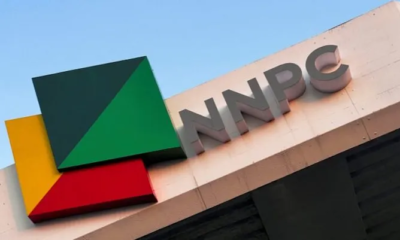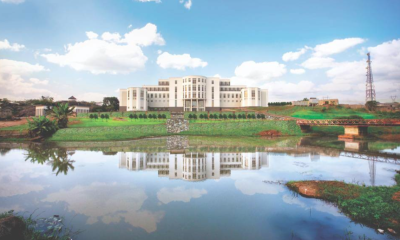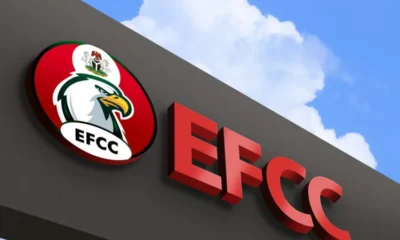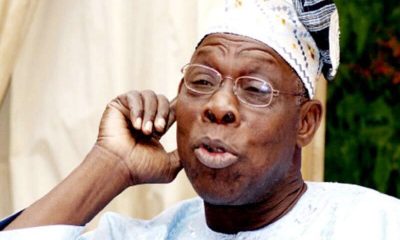National
Court To Rule On EFCC’s Request To Cross-Examine Its Own Witness In Yahaya Bello Case
By Benjamin Abioye
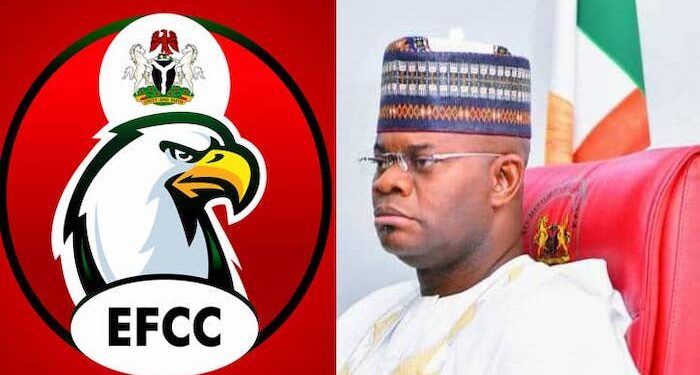
The Federal High Court will rule on June 26 on EFCC’s request to cross-examine its own witness in Yahaya Bello’s money laundering case.
A Federal High Court in Abuja has scheduled June 26 to deliver a ruling on whether the Economic and Financial Crimes Commission (EFCC) can cross-examine its own witness in the ongoing money laundering trial involving former Kogi State Governor, Yahaya Bello.
Justice Emeka Nwite set the date after listening to both the EFCC and Bello’s legal teams argue over the legality of the request. The EFCC wants to cross-examine its witness, Nicholas Ojehomon, after the defense had already questioned him.
However, Bello’s lawyer, Joseph Daudu (SAN), disagreed with the approach. He told the court that the EFCC was only allowed to re-examine its witness—not cross-examine him—unless they first declare him a hostile witness.
During the session, Ojehomon, who is an internal auditor at the American International School in Abuja, said he had testified in other cases about fees paid by the Bello family but couldn’t remember the specific courts. He clarified, however, that he never made negative comments about Yahaya Bello in any court or in the current case.
After Daudu completed his questioning, EFCC counsel Olukayode Enitan (SAN) asked to question Ojehomon about a judgment document marked as Exhibit 19, which had been brought in by the defense. He argued that he wasn’t re-examining the witness but rather cross-examining him based on the new document.
“I am not re-examining him, I am cross-examining him because they brought this document,” Enitan said.
Daudu pushed back, saying the EFCC’s move was not supported by the law. “If you want to cross-examine your own witness, you have to first declare him a hostile witness. You cannot cross-examine him based on the document,” he argued.
Enitan maintained that he had the right to point out important parts of the document to the court. Justice Nwite then asked, “Do you have any provision of the law to support this?”
In reply, Enitan said, “I will draw your Lordship’s attention to Section 36 of the Constitution. They sought to tender this document, we objected and the court granted their prayer. Fair hearing demands that the complainant too has the right to examine this because Section 36 of the Constitution talks of fair hearing.”
Daudu responded, “We are not saying that they cannot re-examine the witness. Thatp is what Section 36 under the law says about fair hearing. But if it is to cross-examine him, he will have to show us the law that backs that. He cannot come under the guise of fair hearing to want to cross-examine the witness.”
At the end of the back-and-forth, the judge did not grant the EFCC’s request to cross-examine the witness. He advised that if they insisted on taking that approach, they should formally present their argument and he would rule on it.
“As it stands, the normal procedure is that the witness gives evidence in chief, then the defense cross-examines, and the prosecution may re-examine after that,” he explained.
Justice Nwite then fixed June 26, 27, and July 4 and 5 for the ruling and continuation of the case.
Earlier in the session, Ojehomon had also confirmed that no money was transferred directly from the Kogi State Government or any of its local governments to the account of the American International School.
He also referred to a part of an earlier court ruling from the FCT High Court which stated there was no judgment instructing the school to return any money to the EFCC, nor was there a ruling labeling the funds as proceeds of money laundering.
Send Us A Press Statement Advertise With Us Contact Us
And For More Nigerian News Visit GWG.NG


